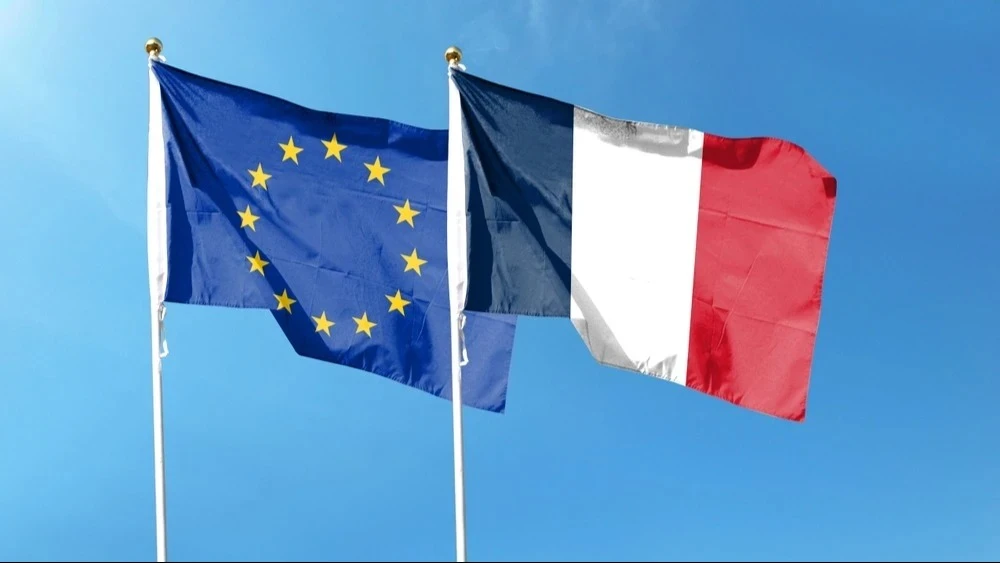Goldman and Citi expect the rally in European equities to continue despite the crisis in France
French banking conglomerate BNP Paribas is hoping for good entry points into European equities

The risks of a new government crisis in France have already been factored into stock prices and will not derail the best year for European stocks relative to U.S. stocks in nearly two decades, major Wall Street banks are confident. Although French Prime Minister Françoisois Bayrou's unexpected decision to put a vote of confidence in the government has shaken investor optimism, Goldman Sachs and Citigroup believe that the risks of the crisis spreading to the rest of Europe are small.
Details
"It's easy to say that another political crisis is a 'sell Europe' signal, but fundamentals are already factoring in bearish scenarios," Citigroup strategist Beata Mantei was quoted by Bloomberg as saying. - The investment idea for Europe has always been built on Germany, and that foundation remains intact, while French asset prices already include a political risk premium."
Goldman Sachs is also not yet seeing the impact of another political crisis in Paris on economic growth. "In the context of the pan-European market, what is happening does not appear to be a major concern," wrote the bank's strategist Sharon Bell. - It is certainly within the range of expectations. France's vulnerability has always existed."
What other market participants are saying
BNP Paribas Asset Management portfolio manager and strategist Sophie Yun expects to see "good entry points for European equities". According to her, the steady decline in earnings forecasts for European companies since mid-March has paved the way for analysts to start raising them.
"The situation in France is not a turning point for a rally in the European market," agrees La Financiere de l'Echiquier trader David Kruk. - On the contrary, it may even spur buying on drawdowns."
The events in Paris had the greatest impact on the bond market: the difference in yields between German and French 10-year bonds rose to 80 basis points for the first time since April. This made the latter more attractive than US trejeris. JPMorgan Asset Management's Director of International Fixed Income Investments Ian Steely intends to buy French government bonds if the spread widens to 85 bps.
In the currency markets traders also see little risk of spreading turbulence from France to the entire euro zone. Contracts, which will bring profit in case of resumption of euro growth, are in high demand, Bloomberg reported in the middle of this week with reference to the data of Depository Trust & Clearing Corp.
What about the stock
The current turbulence in France is a continuation of the events of June 2024, when the early elections announced by President Emmanuel Macron led to the formation of an inoperable "suspended" parliament, states Bloomberg. Since then, the French blue-chip index CAC 40 has shed 3.2%, while the pan-European Stoxx 600 has added almost 6% over the same period.
Over the past year, French stocks have also lost their valuation premium relative to German stocks. Now, securities from CAC 40 are traded on average with a multiple of 14.8 to forecast earnings (P/E ratio), which means a slight discount to shares from the German DAX index - a situation rare in the last decade, the agency notes.
Local banks, highway operators and energy companies are the most sensitive to the political crisis in France, as a significant part of their income is generated inside the country. However, according to Citi, in general, about 80% of the revenue of the 40 largest French companies is generated abroad - this reduces the risks for such giants as LVMH, Sanofi and TotalEnergies, Bloomberg reports.
This article was AI-translated and verified by a human editor
